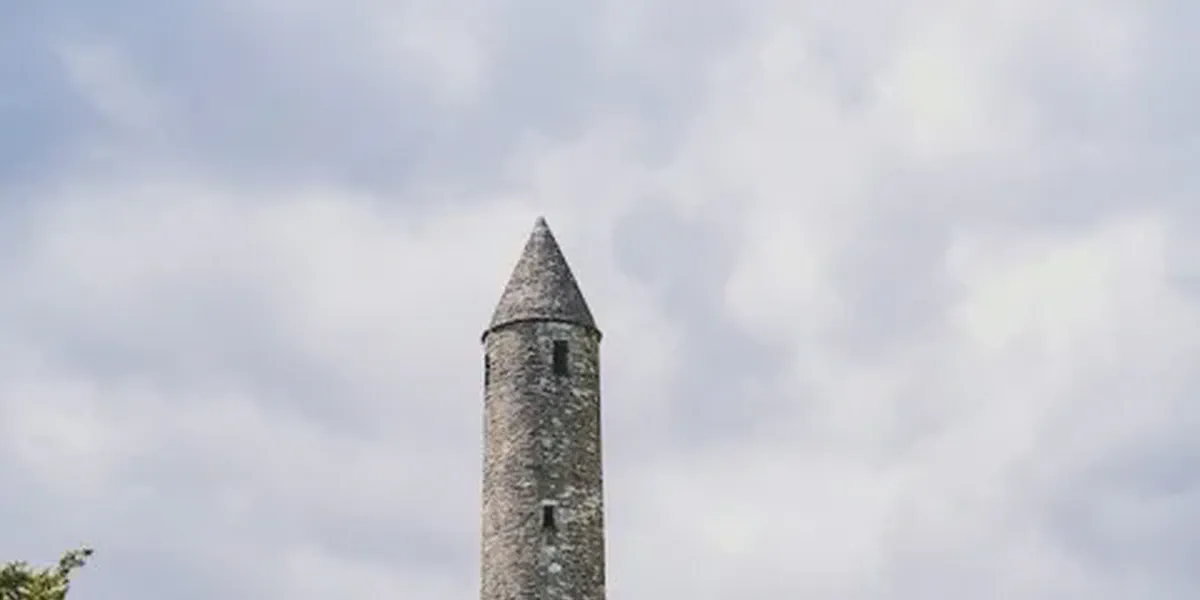
In 1798, during the Irish Rebellion, a significant group of Irish rebels remained in camp at Croghan in County Wexford. The rebellion was a major uprising against British rule in Ireland, largely influenced by the ideals of the American and French revolutions. It was led by the United Irishmen, a revolutionary group that sought to establish an independent Irish republic.
Background of the 1798 Rebellion
The United Irishmen: Founded in 1791, the Society of United Irishmen aimed to unite Irish Catholics, Protestants, and Dissenters in the cause of Irish independence. The group was inspired by the Enlightenment principles of liberty, equality, and fraternity.
Wexford Uprising: The rebellion began in late May 1798, and County Wexford quickly became a center of rebel activity. The rebels initially had some success, capturing towns and defeating British forces in several engagements. However, they were eventually driven back by better-equipped and more numerous British troops.
The Camp at Croghan
Rebel Encampment: Croghan (also spelled Croghan Hill) became one of the rebel encampments during the rebellion. The rebels used it as a base for their operations, taking advantage of the natural defenses offered by the terrain.
Strategic Position: The rebels at Croghan were part of a larger force that had retreated from the town of Enniscorthy after their defeat at the Battle of Vinegar Hill on June 21, 1798. Vinegar Hill was a decisive battle, and its loss marked the beginning of the decline of the Wexford rebellion.
The Last Stand: After Vinegar Hill, the remaining rebel forces, including those at Croghan, were increasingly on the defensive. They were pursued by British troops and subjected to harsh reprisals. Many of the rebels who had gathered at Croghan were eventually forced to abandon the camp as British forces closed in.
Aftermath and Legacy
Suppression of the Rebellion: The 1798 Rebellion was ultimately crushed by the British, with severe reprisals against those involved. The defeat at Vinegar Hill and the subsequent suppression of the rebels at camps like Croghan marked the end of organized resistance in Wexford.
Impact on Irish History: Although the rebellion failed to achieve its goals, it had a lasting impact on Irish history. It exposed the deep divisions within Irish society and the harsh realities of British rule. The rebellion is remembered as a significant episode in the struggle for Irish independence.
Commemoration: The 1798 Rebellion is commemorated in Ireland as a symbol of resistance against oppression. Monuments and memorials have been erected to honor the rebels who fought and died, including those who camped at Croghan and other sites.
The encampment at Croghan during the 1798 Rebellion represents a moment of defiance in a broader struggle for Irish independence. Although the rebellion was ultimately unsuccessful, it laid the groundwork for future generations in the fight for Irish freedom.
More From This Day




